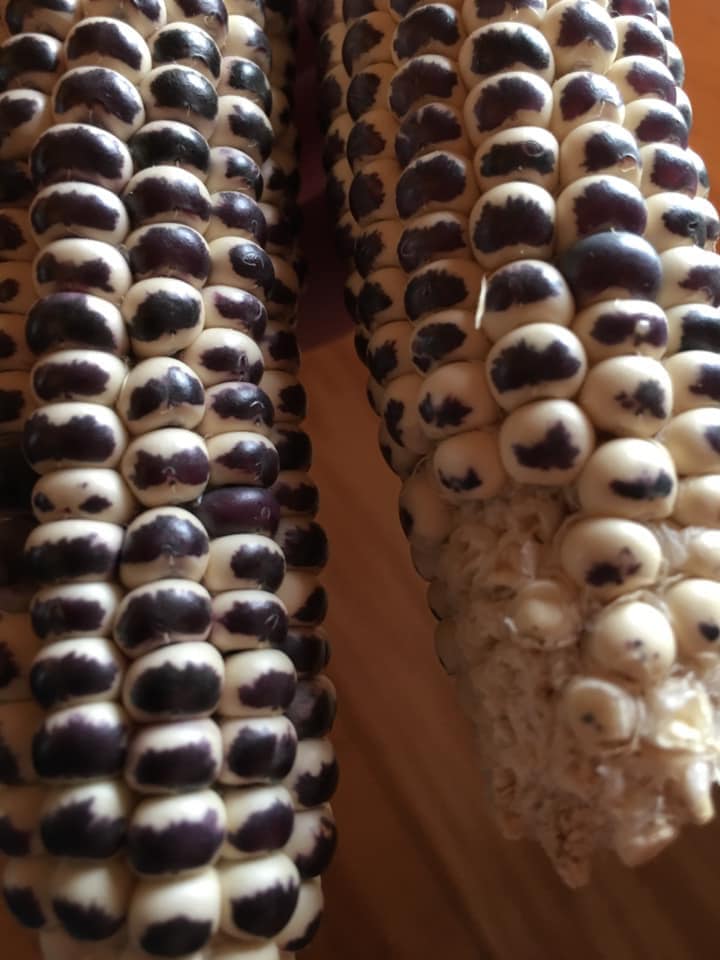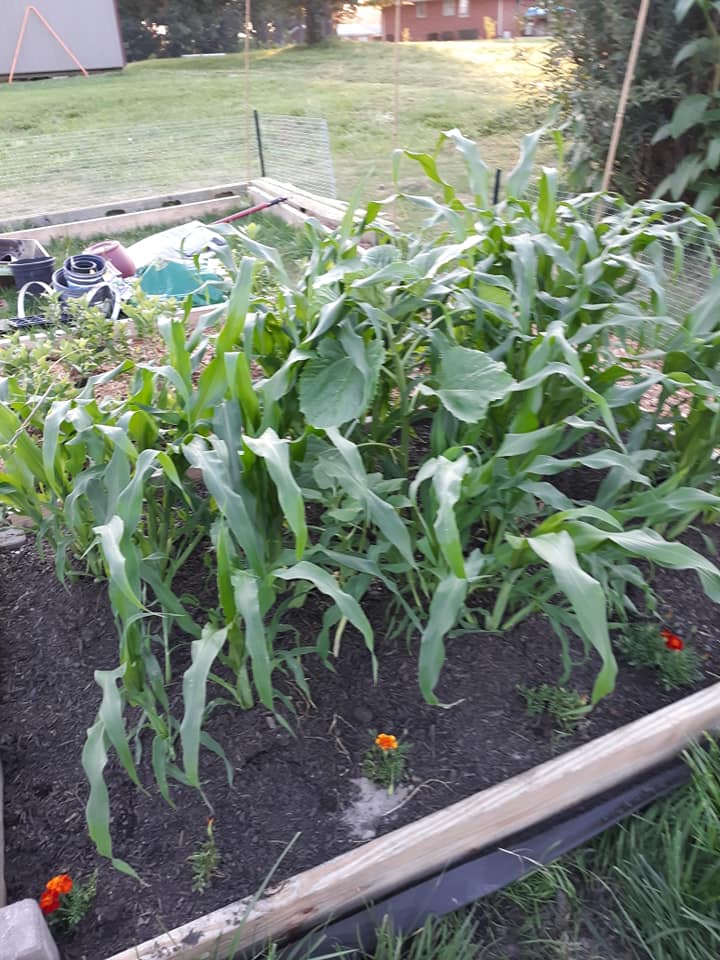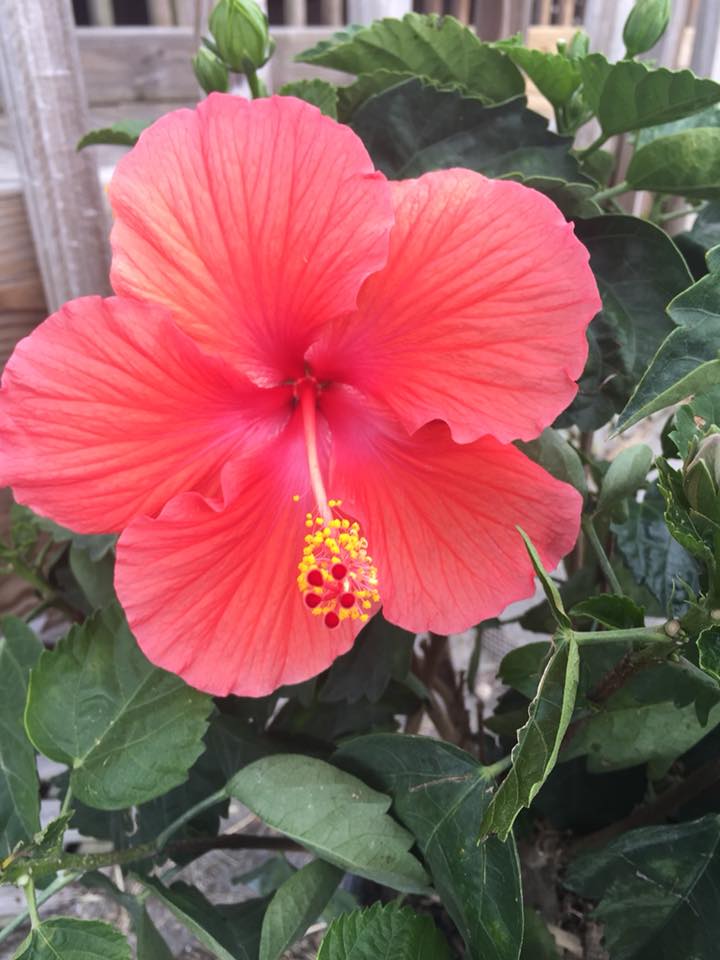
Yésa Nédéwahe Saponi-Tutelo Indigenous Gardens
Supporting traditional Indigenous foodways involves a deep commitment to understanding, preserving, and uplifting Indigenous foods and food systems’ cultural, environmental, and historical significance.

About Us
Our Beliefs
We support the connections of our youth to the knowledge of their elders. We follow the model gifted to us by Braiding the Sacred. We have spent 16+ seasons growing our 4 Directional raised beds into 13 raised beds.
We produce three sisters (Corn, Squash, and Beans) and the lesser-mentioned fourth sister, the sunflower. We also grow strawberries, blueberries, blackberries, and raspberries, along with traditional herbs and medicines.
We must draw upon the strength of ancestral Corn teachings. It is time to plant, and it is time to unify. We have also expanded into contemporary farming using our tower garden systems.
Promoting community-based healing in Native American communities, particularly on the East Coast, involves working collaboratively, respecting cultural practices, and recognizing the importance of Indigenous-led initiatives. Healing efforts must be grounded in the communities’ values, traditions, and needs.

How You Can Help
Send Donation
Giving online has never been more secure, convenient, or hassle-free than with our one-click donation. We also accept standard cash and check gifts at all of our locations.
Become a Volunteer
You can get involved today by becoming a Volunteer. Sign up and you will be joining a group of change-makers, a network strong enough to impact positive change in the lives of children.
Give Scholarship
Your gift will help equip youth and elders in need with necessary resources, training and education while offering the promise of a brighter future. You can make a difference today by signing up.

Testimonials
What People Say
The generosity of this organization makes it possible for me to continue having education opportunities in this difficult area.
Jane Jacobs
Wonderful job with those kids that need us and people from various places all over the world. I will definitely join your group as a volunteer.
Patrick Suarez

News
Recent Causes
In an indigenous community, there are some things that just cannot be commodified – land, water, air, animals, even the health of the people, all of which are considered collective resources. Collective resources require collective and community management. Contemporary agriculture doesn’t have the same base. In contemporary agriculture, there are individualized, commodified resources like land, you can buy water, at one point in our history you could even buy somebody’s body and health.

Become a Volunteer
With the aim of helping as many people as possible, we always lack enthusiastic volunteers. Please contact us for more info.